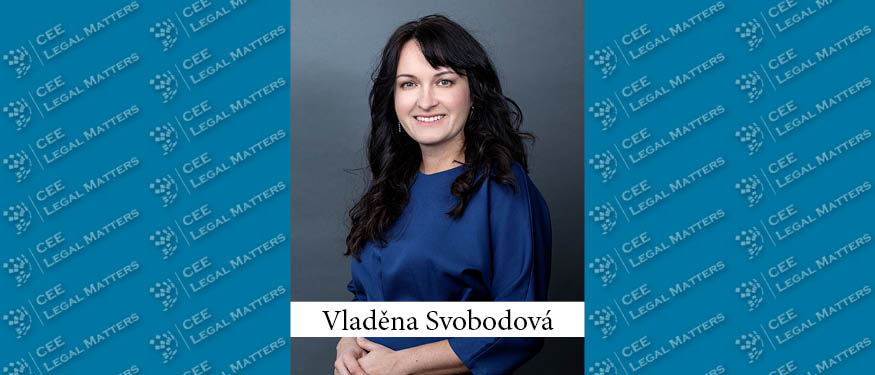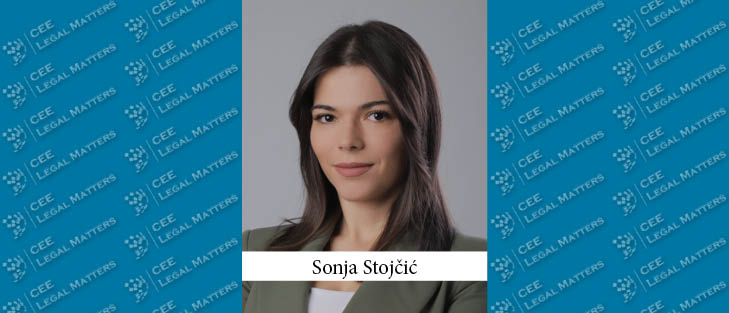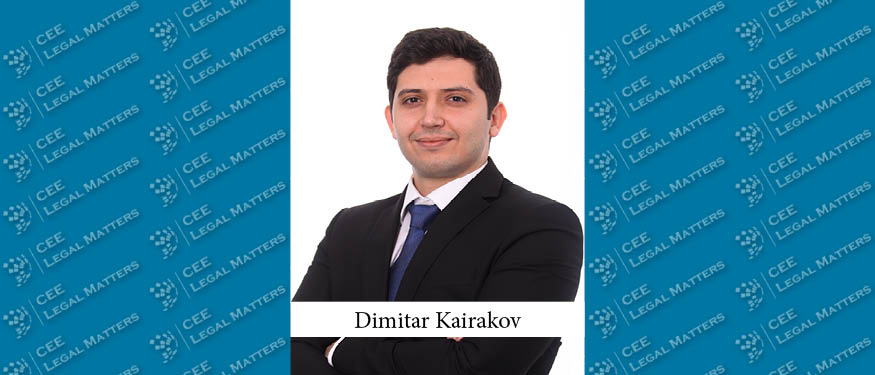In June 2025, the Hungarian Parliament adopted a bill proposing that the market value of solar and wind power plants be excluded from the base of real estate transfer tax. If adopted, this would reduce the financial burden for investors purchasing land with renewable energy infrastructure.
Ukraine Synchronizes Sanctions Against Russia with EU and G7
On 27 June 2025, the President of Ukraine signed decree No. 422/2025 enacting the decision of the National Security and Defence Council of Ukraine (“NSDC”) “On Synchronisation of Sanctions Pressure of Ukraine, the European Union and Other Members of the Group of Seven on the Russian Federation and Related Entities”, dated the same day (“Decision”).
New Amendments Of The Laws And Bylaws Regulating The Protection Of Financial Services Users And The Banking Sector
The National Assembly of the Republic of Serbia has adopted a set of laws regulating the banking sector and the protection of financial services users on March 6th this year:
Tightening the Grip – Hungary Introduces Updates to its Foreign Investment Screening Processes
Hungary’s specific domestic foreign direct investment (FDI) screening regime (affecting both ongoing and future cases) has been updated to include extended applicable deadlines and the possibility of multiple rounds of extensions. Additionally, the existing pre-emption mechanism – originally intended for transactions targeting solar developments – has been extended to cover all transactions blocked by the competent minister’s decision.
Amendments to the Bulgarian Foreigners Act: Introducing a Legal Framework for Digital Nomads
On 18 June 2025, the Bulgarian National Assembly adopted a Law Amending and Supplementing the Foreigners in the Republic of Bulgaria Act, promulgated in State Gazette No. 52 of 27 June 2025 (the "Law"). These amendments introduce significant changes to the regulatory framework governing the entry and residence of foreign nationals in the country, aiming to establish clearer rules and new residence opportunities for various categories of foreigners.
State Aid for a Greener Future: Navigating the EU's Clean Industrial Deal State Aid Framework
The European Commission (EC) has published a comprehensive communication introducing a playbook for Member States on designing state aid measures to support their objectives under the Clean Industrial Deal. This framework aims to facilitate industrial decarbonisation and the rollout of clean energy and will remain in force until 31 December 2030. The Clean Industrial Deal State Aid Framework (CISAF) is intended to offer a wide range of companies long-term investment predictability.
Important Changes in Civil Litigation
On 13 May 2025, the Hungarian Government submitted a bill to the Parliament on the amendment of several laws governing the justice system. The proposal could bring significant changes to civil litigation.
Crypto: Time Running Out To Apply for MiCA Licence!
By 31 July 2025, all entities that were authorised to provide crypto-asset-related services (so-called VASPs) before 30 December 2024 must apply for authorisation as a Crypto-Asset Service Provider (CASP) under the MiCA Regulation.
Changes in Corporate Criminal Liability in Hungary: Plea Deals for Companies
Starting next year, the rules on corporate criminal liability in Hungary will undergo significant reforms aimed at making companies' participation in criminal proceedings more effective, predictable and proactive. Among the most notable innovations is the introduction of plea deals for companies, intended to enhance both accountability and cooperation between companies and criminal authorities.
New Lobbying Law: An End to Secret Negotiations Behind Closed Doors
On July 1, 2025, Act No. 168/2025 Coll. on the regulation of lobbying will come into effect, serving as the first comprehensive regulation introducing clear rules for influencing state decisions.
The NEURC Clarified the Requirements for Documents Needed to Obtain Energy Storage Licenses
On 18 June 2025, the National Commission for State Regulation of Energy and Public Utilities (NEURC) adopted a resolution amending the Licensing Conditions for Energy Storage (Resolution No. 882).
New Rules on Ultimate Beneficial Owner Registration in Serbia
Effective 1 October 2025, amendments to the Law on the Centralised Records of Beneficial Owners (UBO) in Serbia will introduce important new obligations for a broader range of entities.
Is a Change to the Well-Known GDPR Regulation in the Works?
In the coming weeks, the European Commission is expected to discuss amendments to the General Data Protection Regulation (GDPR).
Legislative Boost for Energy Efficiency in Hungary
In April 2025, the Hungarian Parliament adopted significant amendments to the Act on Energy Efficiency, bringing about a major revision of the Energy Efficiency Obligation Scheme (EEOS). The new legislative package introduces a range of substantial changes aimed at accelerating the country’s transition toward a more sustainable and energy-efficient building stock while also providing a much-needed stimulus for the domestic construction and renovation sectors.
Processing of Special Categories of Personal Data in the Pharmaceutical Industry: Analysis of the CJEU Ruling
The Court of Justice of the European Union (“CJEU”) has recently issued a significant judgment in the case “Lindenapotheke” (C-21/23), taking a clear stance on the processing of special categories of personal data, namely health data, in the context of online medicine sales within the pharmaceutical industry. The ruling sheds light on how the General Data Protection Regulation (“GDPR”) applies to the data that users provide when ordering pharmacy-only medicinal products online, even those not subject to prescription, and provides clear guidance on the rights and obligations of data controllers.
German Federal Court of Justice Permits Forcible Use of Fingerprint To Unlock Smartphone
In a recent landmark decision, the German Federal Court of Justice (BGH) addressed whether law enforcement authorities were entitled to unlock a suspect's smartphone by forcibly using their fingerprint. The BGH accepted this conduct under the specific circumstances and explicitly ruled out a violation of the prohibition against self-incrimination.
No Tolerance for On-Site Inspection Obstruction – TCA Slaps Record EUR 33 Million Fine on BIM
The integrity of on-site inspections remains a cornerstone of effective competition law enforcement. The Turkish Competition Authority (TCA)’s decision to impose a record-breaking fine on BIM Birlesik Magazalar A.S. (BIM), one of Turkiye’s largest retail chains, has drawn considerable attention from international businesses and the legal community.
Bulgaria’s Renewables Market Catches Second Wind
Bulgaria’s renewable energy sector has seen significant growth in recent years. In 2024, almost 1 gigawatt of new renewable energy capacity was connected to the grid, predominantly from solar energy. Notably, no new wind farms have been commissioned since 2012, primarily due to administrative barriers and local opposition. However, investor interest remains high, especially in the southern and northwestern regions. Projects like the 238-megawatt Tenevo hybrid solar plant in Yambol, which plans to integrate a solar park, wind turbines, and energy storage, exemplify this trend.

































